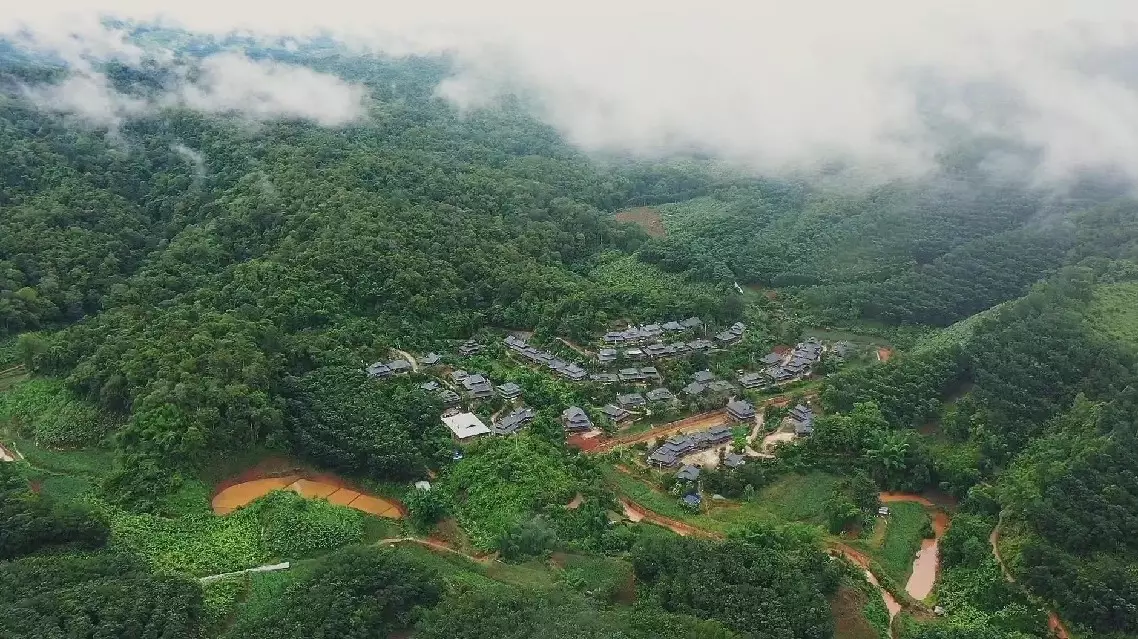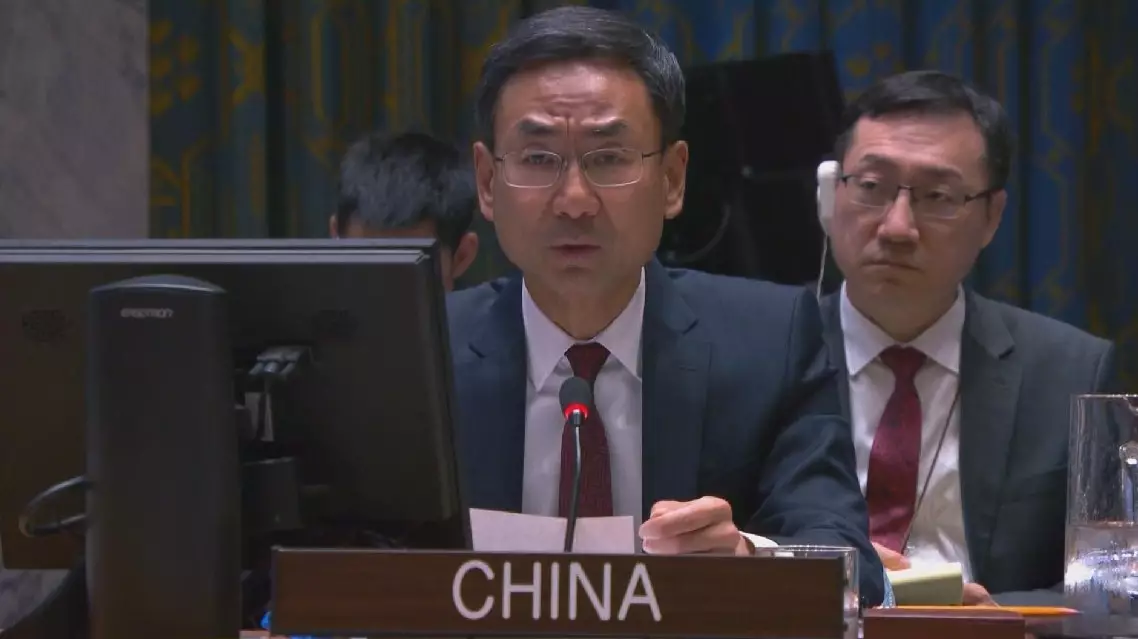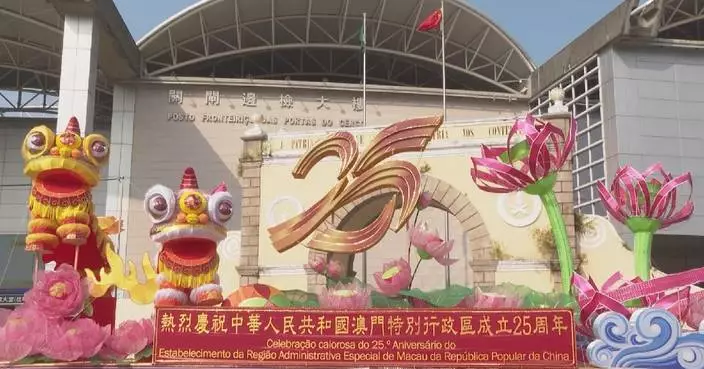Hebian, a Yao village on the China-Lao border, has undergone a remarkable transformation in recent years, becoming a thriving hub for tourism and cultural exchange thanks to its successful homestay business.
Located in Mungla County, Yunnan Province, in southwest China, the once poverty-stricken village demonstrates how innovation and community spirit can breathe new life into rural areas of China.
The story of Hebian's change began 10 years ago when Li Xiaoyun, a professor from China Agricultural University, and his colleagues made their first visit.
Back then, the village was cut off from the cities, with no roads and no electricity. Villagers shared their living spaces with livestock and longed for a change.
"Hebian Village is a remote and isolated place, far from cities, other regions, markets and modern civilization. It was left behind by the pace of development," said Li.
"Finding the right industry takes time. In order to raise the farmers' incomes, we needed an industry that could bring insubstantial revenues. We found that tourists visiting the village often couldn't find accommodations. This inspires us to establish the homestay business," Li said.
"As the initiative grew, we faced new challenges: fair guest distribution among households. Managing bookings individually would lead to chaos, so we decided to collectively discuss and manage the business," said Li.
The cooperative, central to Hebian Village's business operations, is managed by five young villagers, including Zhou Zhixue. As the cooperative's general manager, Zhou takes care of every aspect of the business to ensure that guests have a pleasant stay.
"While the cooperatives in other villages tend to be managed by third-party companies, as is common in many places, in Hebian Village, we run the cooperative ourselves," Zhou said.
"Our turnover stays entirely in the village. We all live in the village. There are quite a few of us. We have a long tradition of mutual support. We work and live in the village, trying to broaden our source of income, which will remain in the village. It sets us apart from other places," said Zhou.
Zhou Zhiqiang, the village's self-appointed vlogger, has documented the village's changes on his phone, opening a window for the outside world to know this remote village.
"I create these videos not for myself, but for the village. I want to make out village known online, because I feel deeply grateful. When I fell ill, I received help from many in the village. This is my way of giving back. That's why I continue making these videos," said the vlogger.
Hebian Village has become an example of China's drive for rural development. Recently, dozens of experts and officials from over 10 Belt and Road partner countries paid a visit, staying for two nights to gain firsthand insight into China's rural development strategies.
"The villagers now have stable livelihoods and significantly increased incomes. In 2015, the average household income was around 10,000 yuan (1,400 U.S. dollars). Today, it's about 60,000 yuan (8,400 U.S. dollars). This is an incredible improvement," said Li. "When I first arrived, motorcycles were a luxury. Now, many villagers own cars. And in less than a decade, industries have emerged here."
Michele Devi Singh, director of the Center for Agricultural Research and Innovation at the University of the West Indies Cave Hill Campus of Barbados, praised the focus on empowering young people in Hebian.
"The most important things is that you have actually focused on empowering young people. And that is a transformative approach, because it changes the way people think," said Singh.
Looking ahead, Zhou Zhixue envisions further development for Hebian Village.
"Hebian Village has been developing for a decade. In another ten years, it will have developed its own unique character," said Zhou.

China's Border village transforms from isolation to thriving tourist hub









